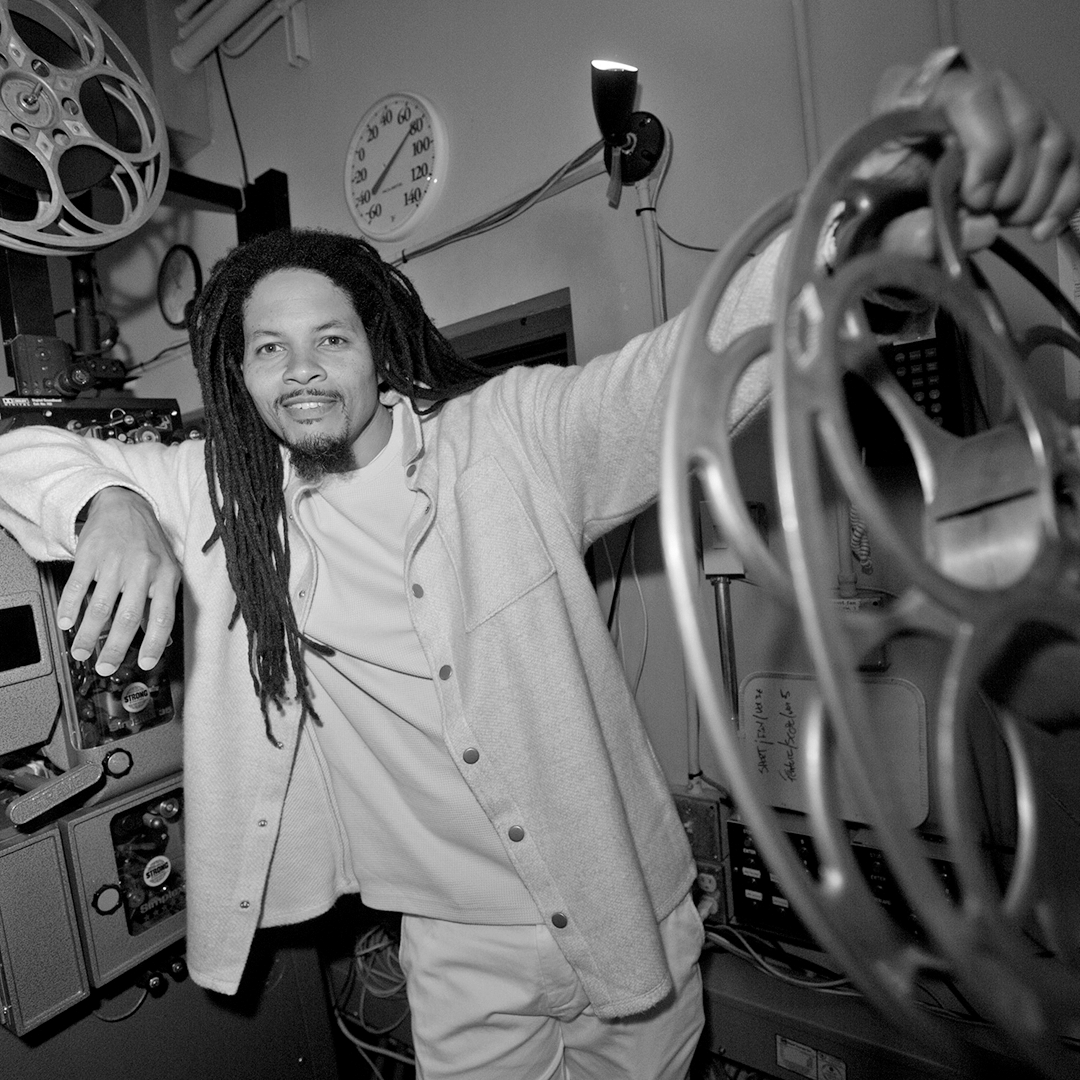SHAKAJAMAL REDMOND
Documentary Filmmaker • I AM HOPE
MVFF46 Official Entry
Photo © Tommy Lau Photography
I am really a geurrilla filmmaker. I started filmmaking without any types of formal training. I learned to do the best with a small amount. I got my lights from Home Depot, I got a camcorder from who knows where, Best Buy or Circuit City.
I was watching a movie in middle school or something, and the credits came up. I saw the title of “cinematographer” or “director of photography,” and I realized that they’re the ones who tell the visual story. And I knew that’s what I wanted to do.
I took a trip to China with CalState East Bay, and I took my mom’s camera with me. I got a chance to go on the Yangtze River before it was dammed. And it inspired me to start my own photography business, putting pictures on postcards. From there I went to the Peace Corps in South Africa, and continue to do photography and video. When I got back, I was at the Java House on Lake Mary in Oakland and a former Black Panther got up on the mic and said, if you want to learn how to edit for free, talk to me afterwards. I was like, she’s talking to me!
So I go speak to her after the event and she says she’s part of an organization that teaches filmmaking, photography, storytelling, and poetry, to young folks for free in West Oakland. I went to that program, and created my first piece that screened at the black box on Telegraph downtown, about my experience in South Africa.
I freelanced and worked with community organizations for years after that. but I never had a chance to really work on my own feature. I was hired [to teach yoga to students in Oakland], and I saw the kids adapting to the yoga class. Through their introduction, resistance, and then taking it on as their own, there was something special happening. But if it wasn’t for COVID, I wouldn’t have really had the chance to really slow down and work on my first feature.
We were at Mill Valley Film Festival [with my feature film I AM HOPE], and it’s been a great journey. We had two screenings sold out, which shows a couple of things. One, that people want to see this type of film-making, story-making, and representations of black youth and black culture. It’s also a validation from a film festival who actually believes in a film.
Now I have been getting emails and calls, text messages from distributors and other film festivals, who said they heard about the film, and also from the media to say, we want to do an interview with you. We saw your screener that was attached to the Mill Valley Film Festival. So these things are coming, they’re happening!




